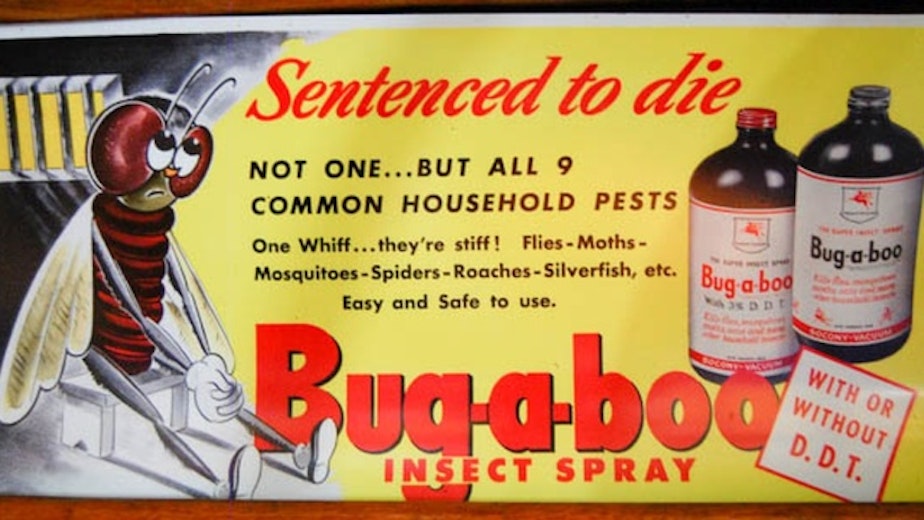Insecticide Exposure Could Make You Fat, Washington Researchers Say

Even if you haven’t been exposed to DDT in your lifetime, researchers say it could still have an effect on you – and your weight.
Washington State University researchers have been studying how DDT affects rats. They found that three generations after rats were exposed to the insecticide, more than 50 percent of the females and more than 60 percent were considered obese.
Michael Skinner, who conducted the study, said DDT exposure may be turning off and on gene sequences. That leads to a higher likelihood of obesity, passed from generation to generation.
“What your great-grandmother was exposed to when she was pregnant might actually influence your susceptibility to develop that disease,” Skinner said.
This is known as transgenerational epigenetic inheritance, where gene functions are altered but the DNA is not. Skinner has found these sorts of changes in gene function with other toxicants as well. The list includes bisphenol-A, more commonly known as BPA, dioxins, and fungicides.
Skinner says the findings in this study, published in the journal BMC Medicine, correlate with the high rates of obesity now – about three generations after most Americans were exposed to the insecticide.
The study did not find increased obesity rates until the third generation. Skinner said a fourth generation of rats also had increased rates of obesity. He said he suspects that once genes have this increased likelihood of obesity, the trait will be passed to subsequent generations.
That could continue to affect obesity rates.
“Two individuals, one with susceptibility [to obesity] and one without, on the same exact diet, with the same exact exercise, the one with susceptibility to develop obesity will develop obesity,” Skinner said.
DDT has been banned in the United States for more than 40 years.
More recently the World Health Organization has approved the insecticide to fight malaria in African countries and India. Skinner worries about the generational affects increased DDT use could have on those countries.© 2013 Northwest Public Radio
